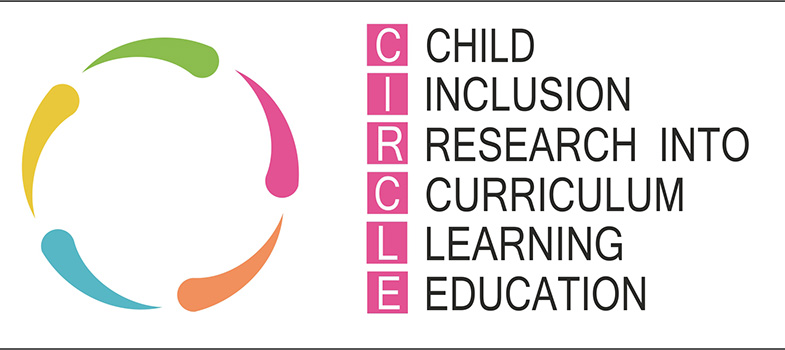Staged level of intervention: process of support
In this section, levels of support are considered and the need to involve parents as early as possible will be emphasised.
For most learners, progress through school will be supported by good learning and teaching practices. Others may require additional assessment and support from specialist staff within the school. This is in line with the principles of the Curriculum for Excellence and the Getting it right for every child approach.
Staged intervention ensures that children and young people receive the least intrusive support when needed. The types of support will vary depending on assessed need. At all times the views of the children and young people will inform the nature of support provided.
The process of staged intervention is founded on the collaboration of all relevant agencies involved in delivering services to ensure that children and young people’s barriers to learning are identified and addressed.
The key features of staged intervention involve the following:
(ASPIRE)
Assessment/identification of needs
Support required (to support barriers)
Planning the support
Implementation of plan
Review of progress
Evaluation
6.1 Effective communication
